Nissan CEO Makoto Uchida is prepping Japan’s second largest automaker for the challenge all foreign automakers face in the world’s biggest auto market.
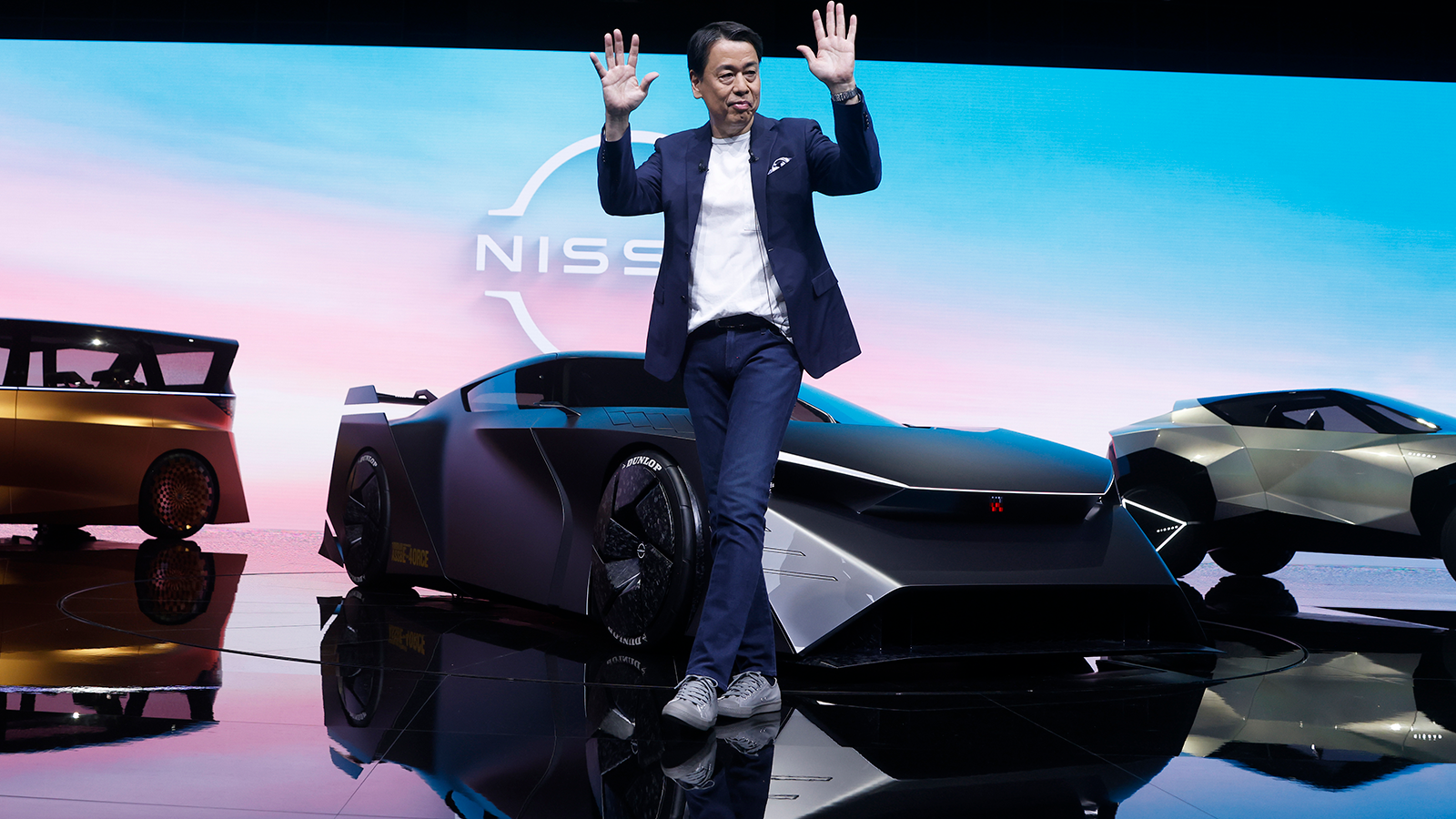
“We really cannot predict the future.” Despite coming from a business culture where most executives are notoriously circumspect, Nissan CEO Makoto Uchida is remarkably blunt when asked about the challenges facing Japan’s second-largest automaker he leads into its 91st year. “I think the world is in a state of constant disruption." Since becoming Nissan’s CEO in December 2019, Uchida has had to deal with the Covid-19 pandemic and resultant the supply chain crisis, geopolitical tensions, and market fragmentation. It’s hardly surprising, then, that he regards disruption as the new normal.
Retooling Nissan not merely to cope, but be competitive, in such an environment is a top priority for the man who in 1991 graduated from Doshisha University, a private college in Kyoto, Japan, with a degree in theology, and has worked at Nissan since 2003. And Makoto Uchida is candid about the enormity of task ahead, particularly in terms of dealing with the growing threat from Chinese automakers : “It’s a survival game,” he said at the 2024 Financial Times Future of the Car summit in London. And it’s all about EVs.
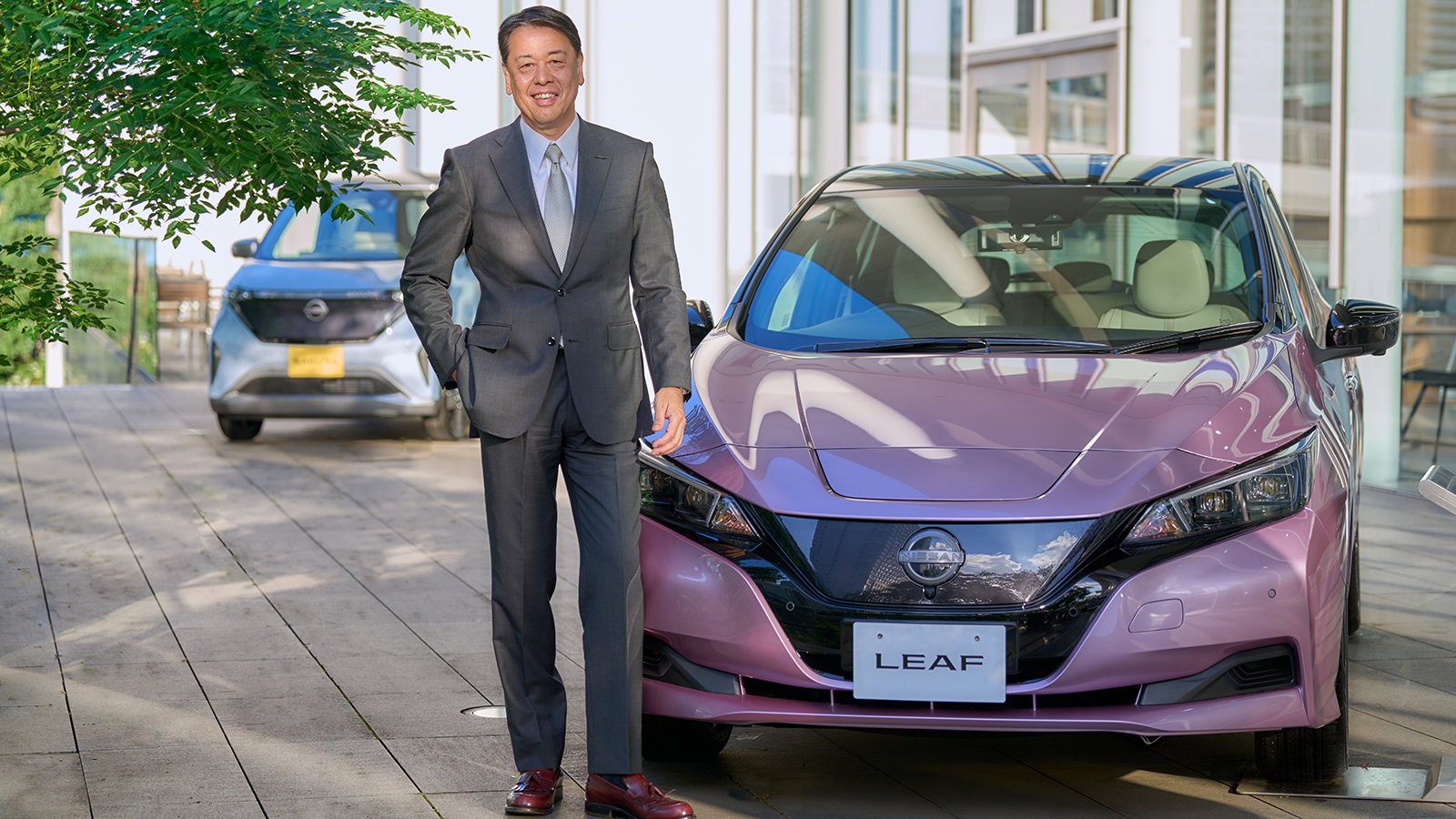
Nissan launched the Leaf hatchback , the first mass-market electric vehicle from a mainstream automaker, almost three years before the 2013 Car of the Year winning Tesla Model S hit the road. It still sells the second-generation Leaf , and in 2022 added the Ariya SUV to its EV lineup. But Nissan last year sold fewer than 150,000 EVs worldwide, while EV-only automaker Tesla’s global sales topped 1.8 million. Nissan may have been an EV pioneer, but it's now a long way from being a major EV player.
And that’s why China is a problem. The explosive growth of China’s auto industry, which has invested heavily in EV production for its domestic market, means Nissan—like all other mainstream foreign automakers selling vehicles in China—must spend heavily on electrification even as consumer demand for EVs outside China remains inconsistent at best.
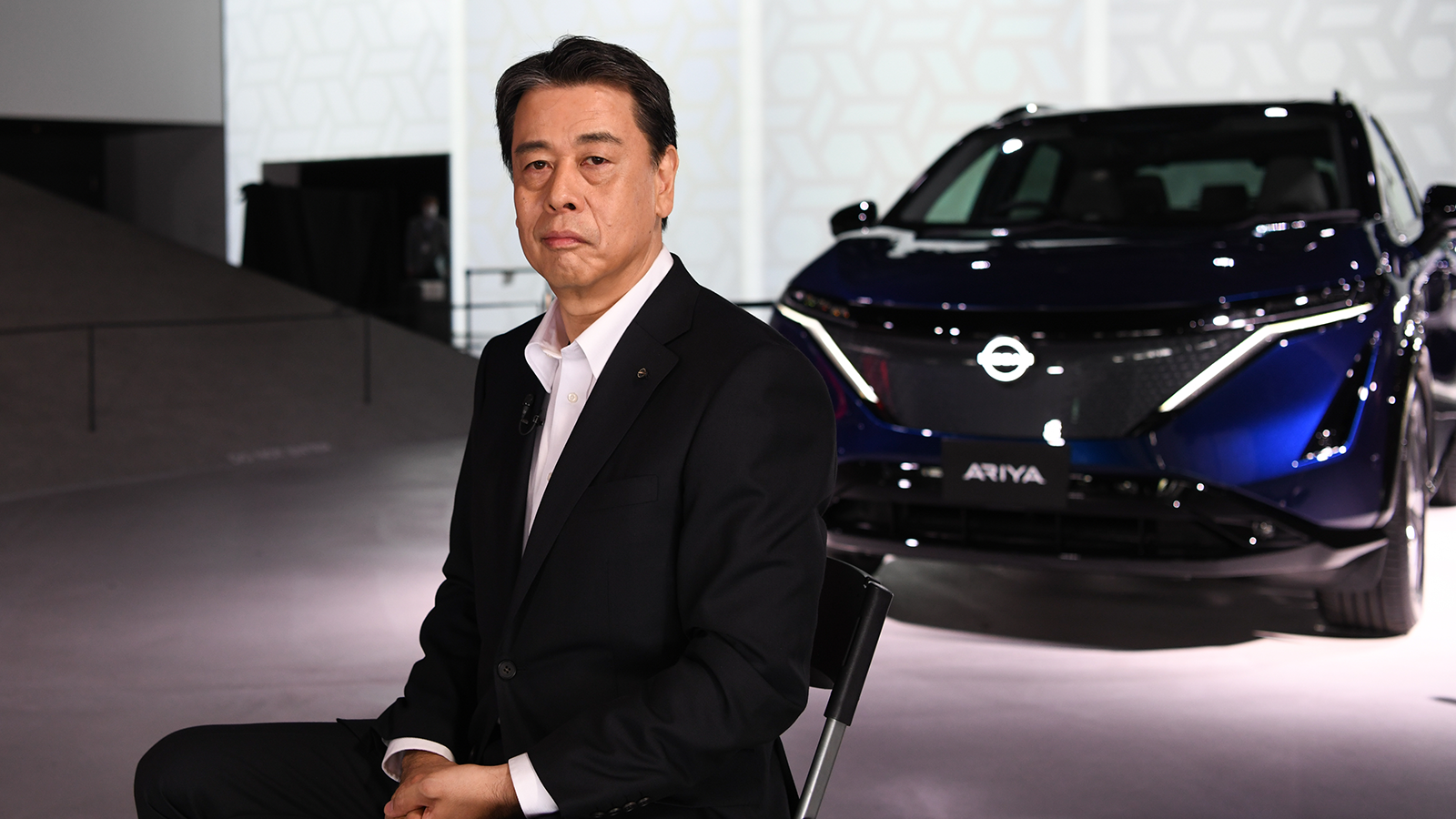
Uchida acknowledges Nissan must ensure its internal combustion engine vehicles remain “attractive and competitive and profitable” while the company works to further optimize the cost of producing EVs. “Balancing those two things will be the key in order for us to have decent level of operating profit,” he says. Part of that balancing act will involve investing in more Nissan PHEV models for the U.S ., where Uchida says demand for vehicles that bridge the gap between internal combustion engine and battery electric powerplants is increasing.
Despite the challenges, Nissan is in China for the long haul, Uchida insists. “We are committed to staying in China,” he says. “This is big market, and we can also learn from it. But how we stay in China has drastically changed in terms of a strategy.” In simple terms, Uchida’s China strategy is this: Design and engineer Nissan vehicles for China in China. “We used to design everything in Japan and figure out how we adapt it for the U.S., Europe, and China. But this scheme will no longer exist.”
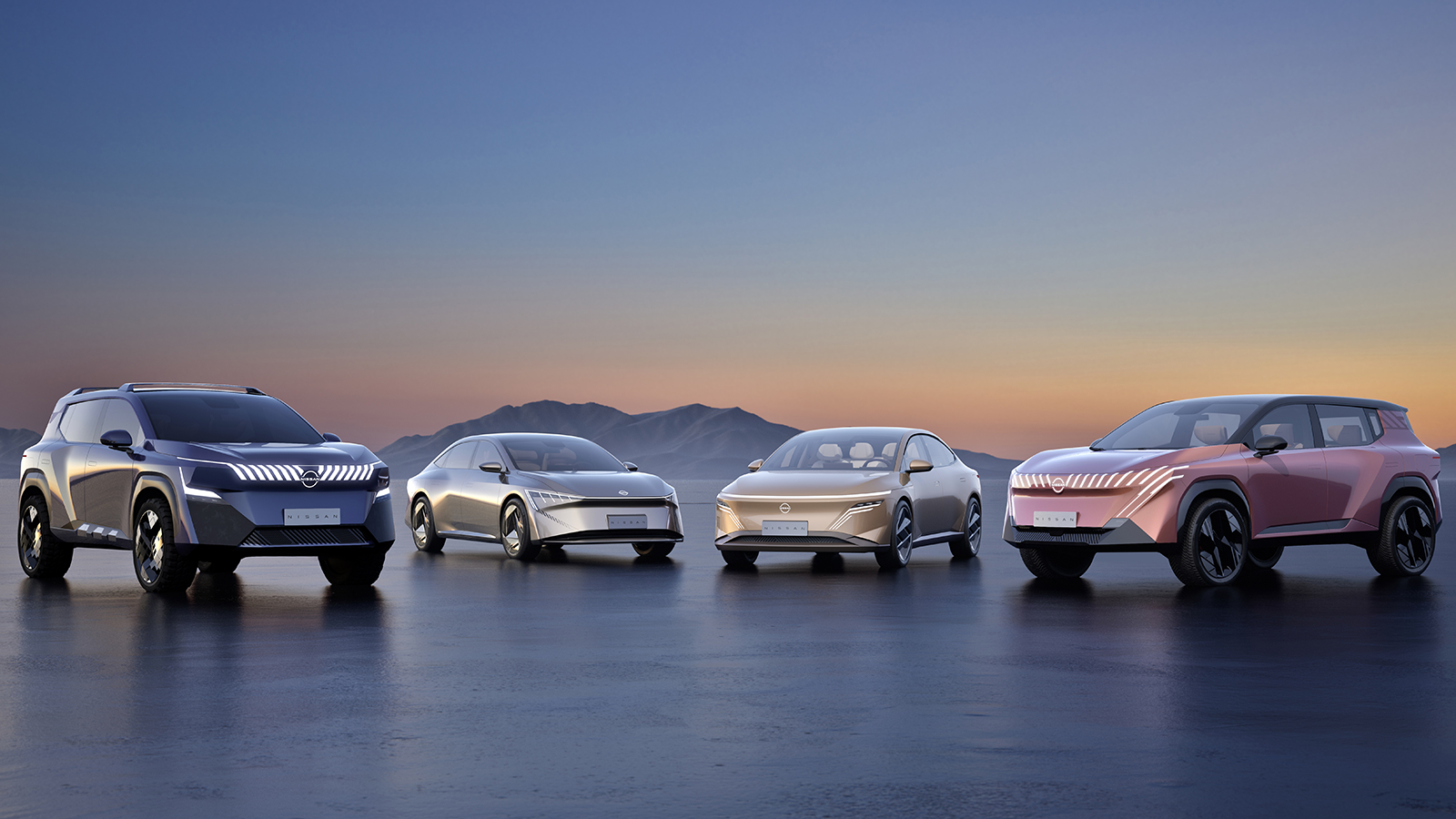
Instead, Nissan is currently working on five “new energy vehicles” for the Chinese market with its Chinese partner Dongfeng . Four of the vehicles—two EVs and two PHEVs—were shown in concept form at the 2024 Beijing Auto Show, and they will be ready for launch in 2026. Nissan has also recently signed a memorandum of understanding with Baidu to use the Chinese tech company’s generative AI for product development and technology feasibility studies, and to equip its Chinese-market models with Baidu’s AI products as part of their software packages.
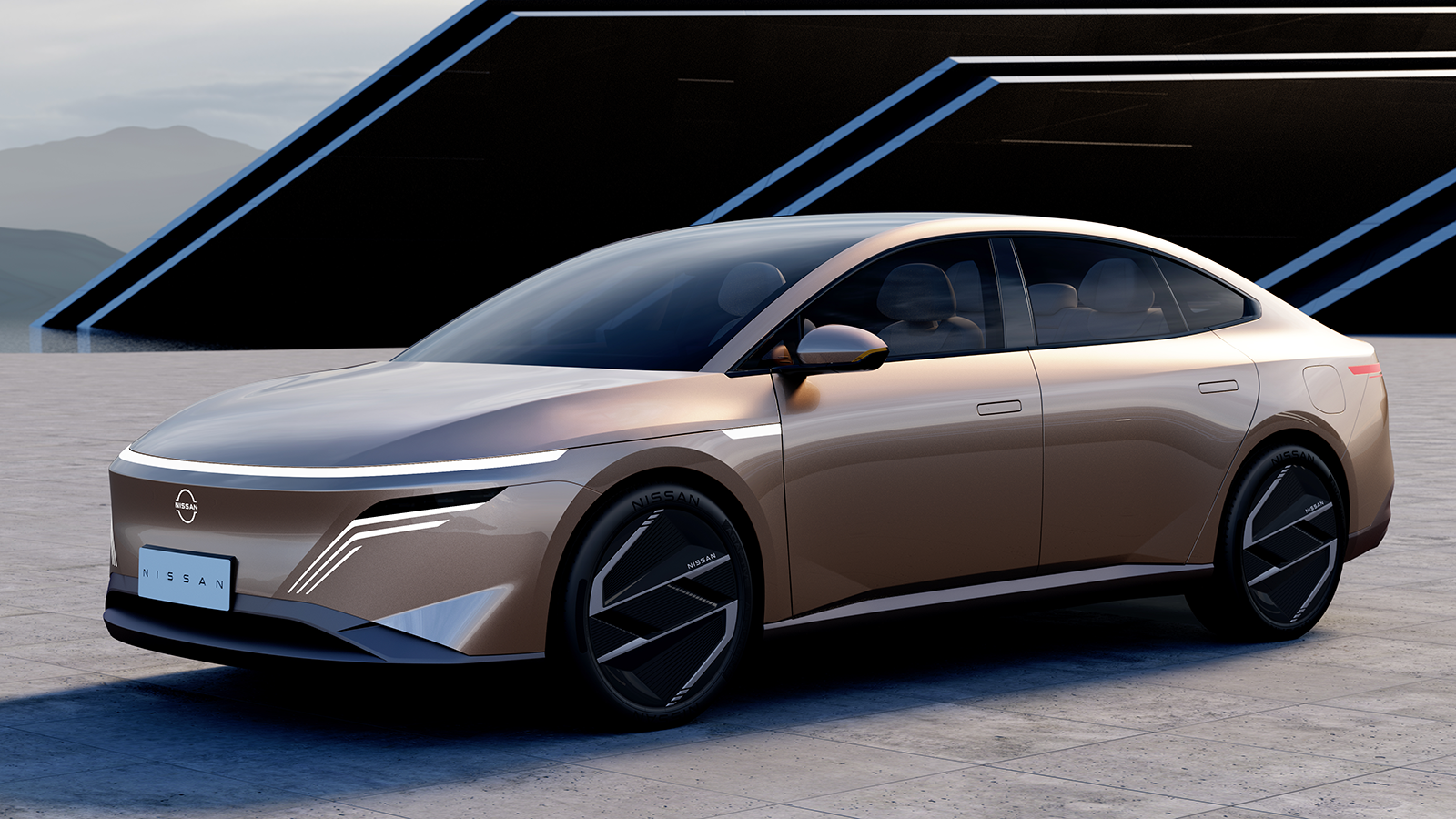
One key challenge for Nissan in China, Uchida says, is the speed at which the company gets new vehicles to market. Chinese automakers can now develop new vehicles astonishingly quickly—from scratch to showroom in three years or less—and Uchida believes working with Dongfeng to create EVs and PHEVs means Nissan can get new vehicles on sale in China much faster than before.
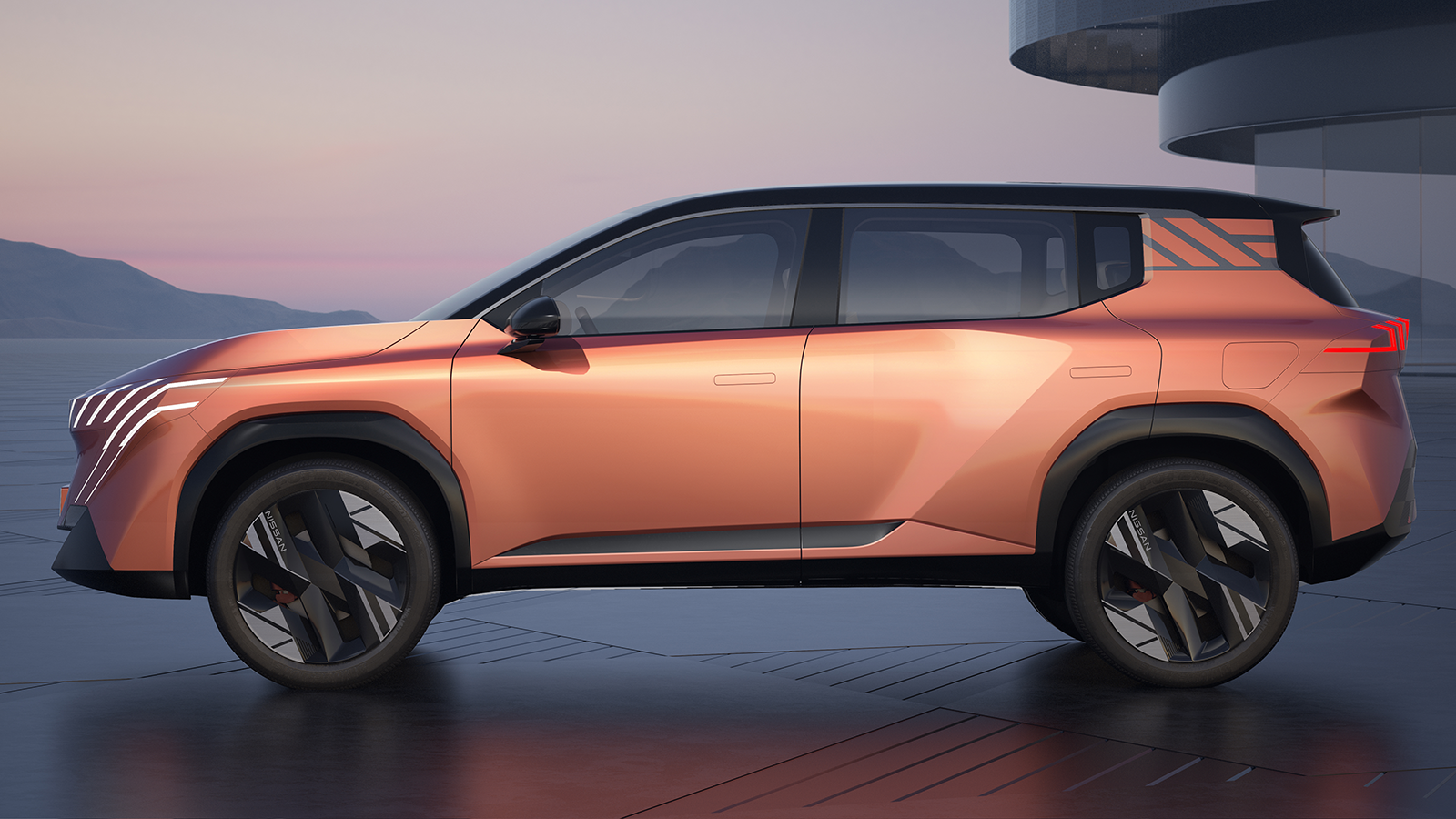
Price is another challenge. “The transaction price of EVs is coming down much faster than we expected,” Uchida admits. He believes working in China with Chinese suppliers will not just improve Nissan’s speed to market, but also dramatically lower costs. The company aims to cut the cost of producing its EVs by 30 percent through closer co-operation with suppliers, a simplified platform strategy, and the development of technologies such as future solid-state batteries .
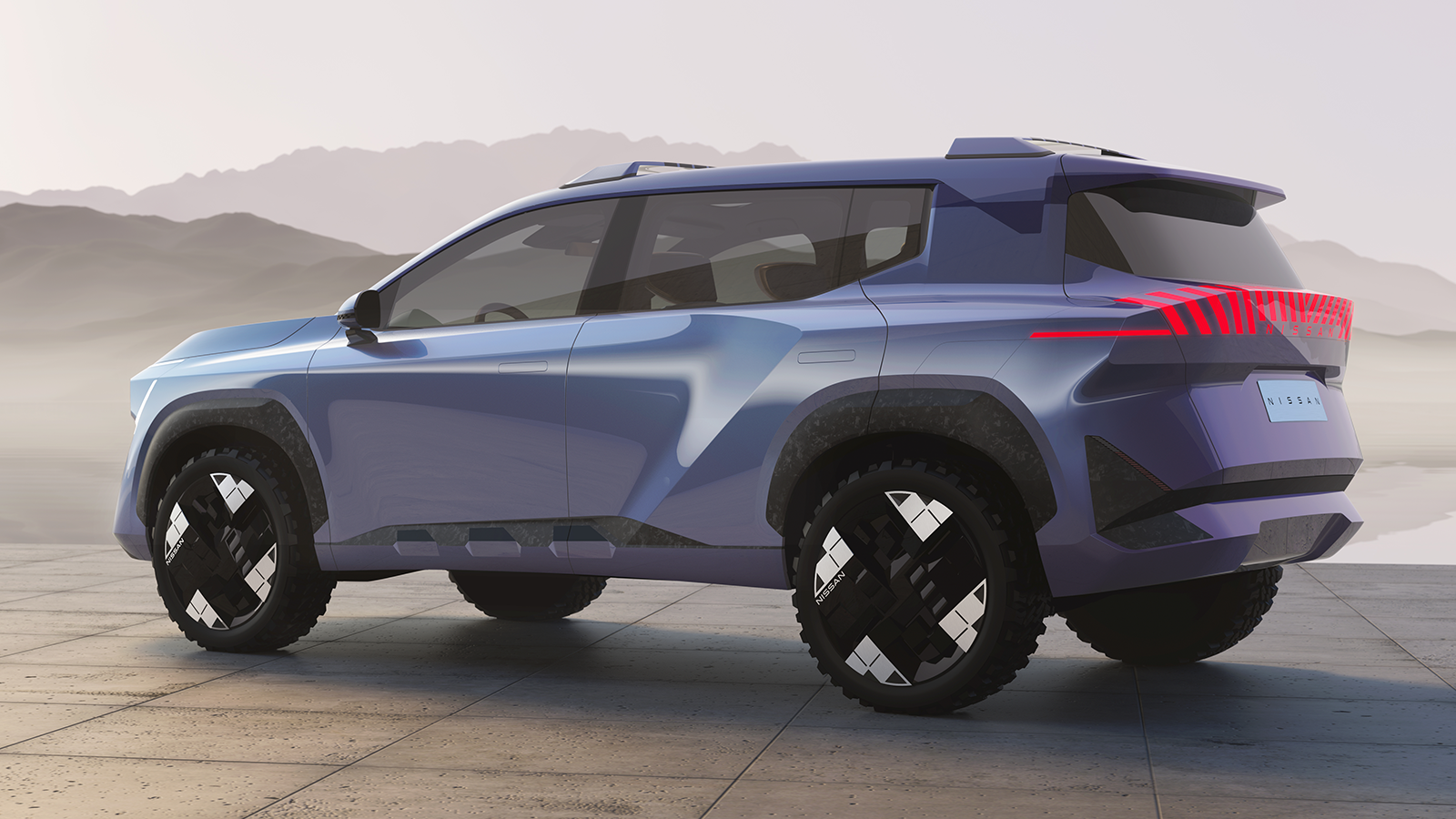
Nissan’s pilot solid state battery plant will be completed within the next 12 months and Uchida says the company will have EVs with solid-state batteries in production by 2028. “I think we have a lot of the solutions to make that happen,” he says. “We have a lot of confidence we can make that happen.” Solid state batteries will be a “game changer” for Nissan’s EVs Uchida believes.
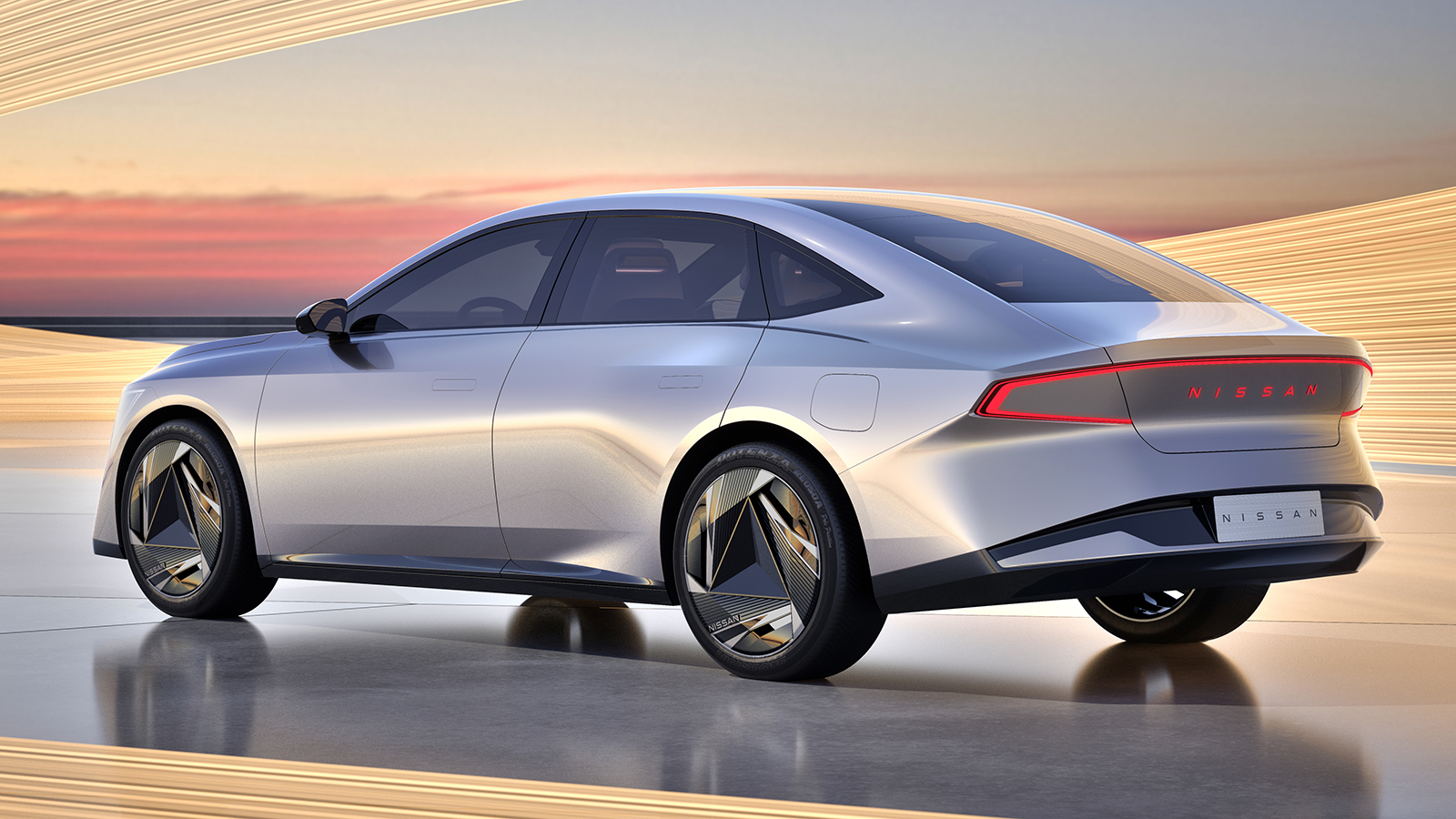
But even if Nissan manages to develop cars with the speed of the Chinese, and match them on costs, will Chinese consumers want to buy them? Some analysts have predicted non-premium foreign brands like Nissan will struggle to compete in China as local automakers rapidly improve their products and tailor them more precisely to meet the needs and desires of increasingly sophisticated and discerning Chinese customers.
Makoto Uchida acknowledges this may Nissan’s greatest challenge in China. “The Chinese customer expectations are very different compared to the rest of the world,” he says. “We have to have value that is accepted by the customer through the Nissan brand. That’s one of the reasons why we wanted to collaborate with our local partner. If we keep on doing things the same way we used to do, I don’t think we have the best chance to survive.”
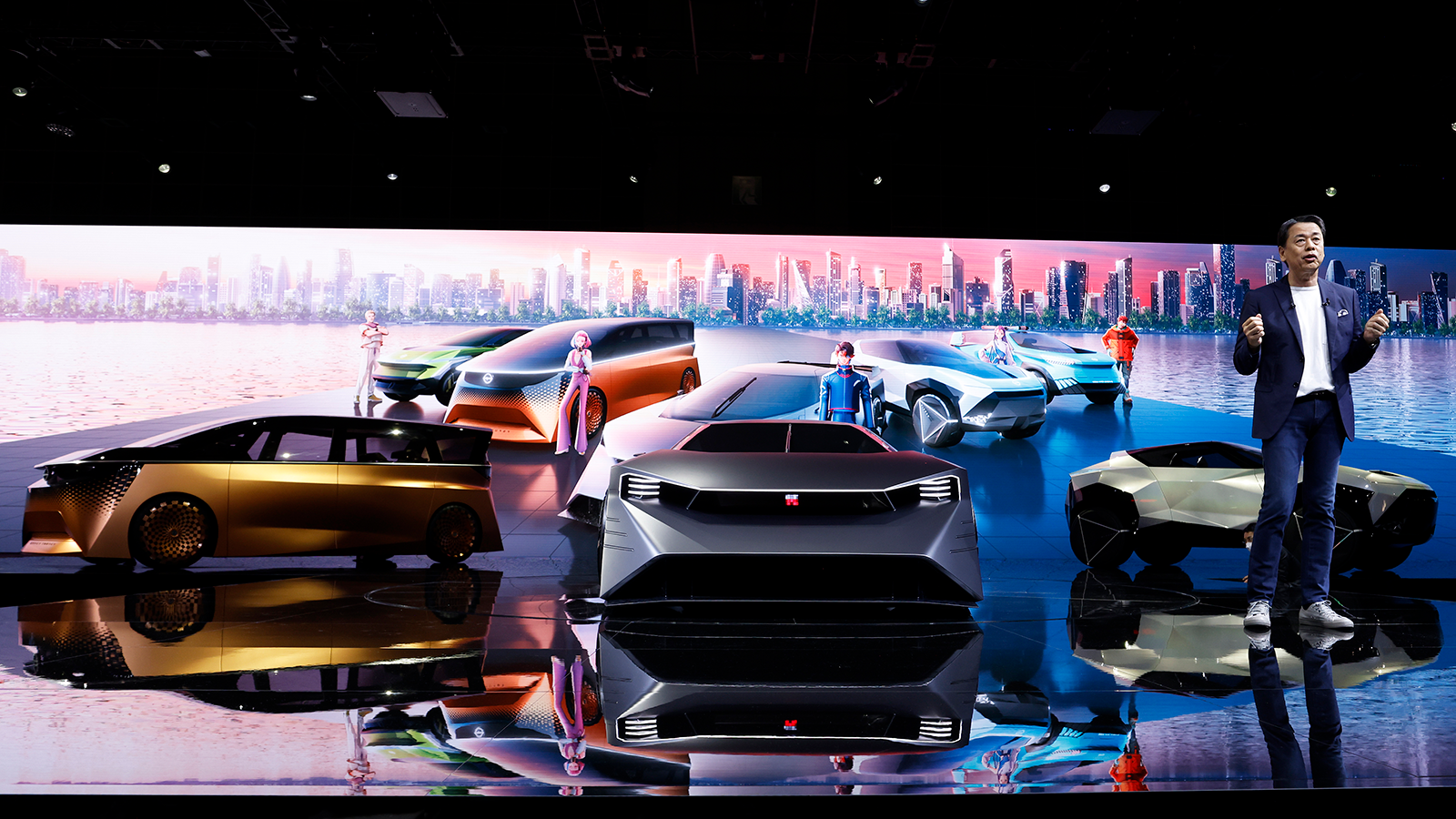
It could be argued that Nissan had no choice but to team up with Dongfeng to develop competitive EV and PHEV vehicles for the Chinese market. But the Nissan CEO let slip one key fact about the relationship that could have wider implications for Nissan’s global ambitions in terms of boosting sales of EVs and PHEVs: “We built the technology together with Dongfeng to build the cars at the level we want. And we are aiming to export 100,000 of those cars out of China.”
Cheaper Nissan EVs are coming. And they’ll be designed, engineered, and made in China—at least, pending the recent and rapidly-shifting anti-China regulations and action in the U.S. and Europe.
Sazua.com